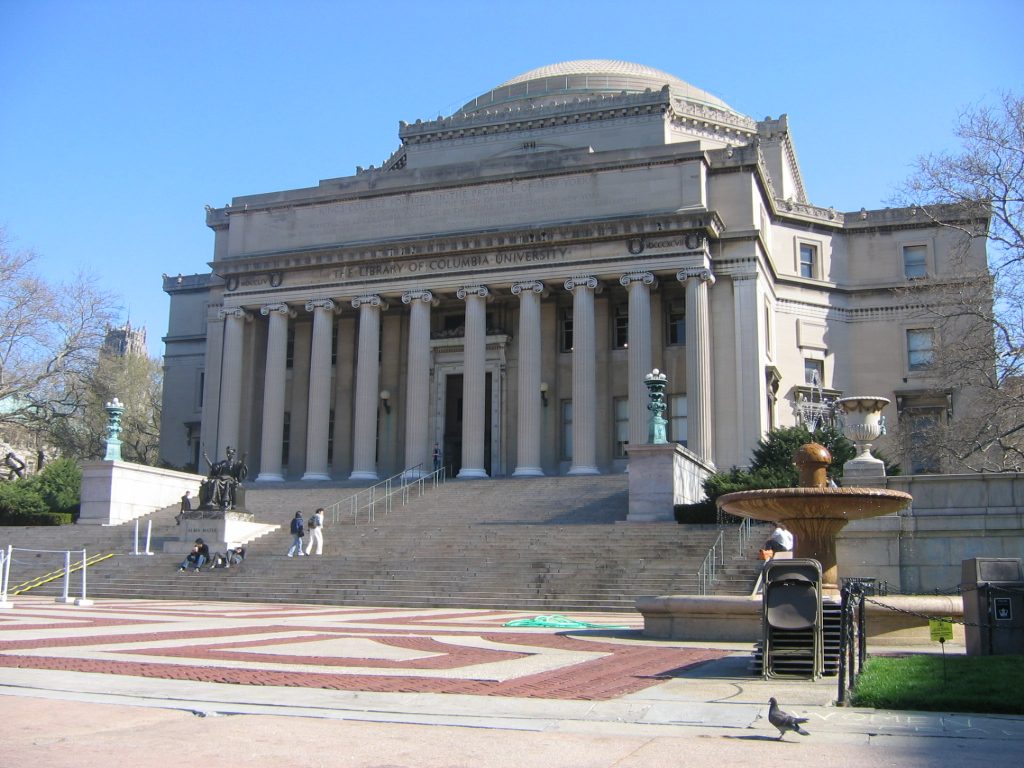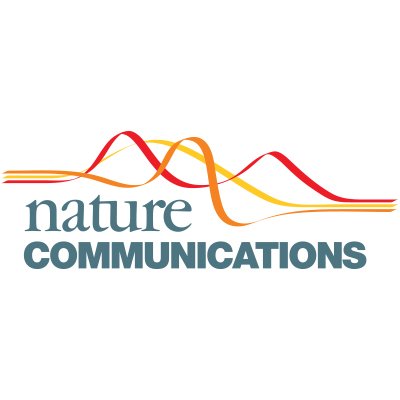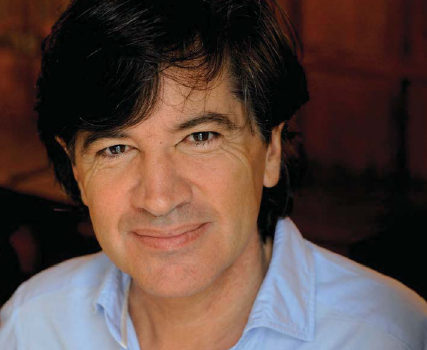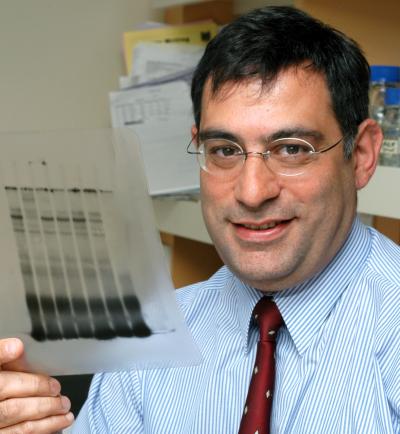 We have news of two upcoming retractions, both following critiques on PubPeer.
We have news of two upcoming retractions, both following critiques on PubPeer.
PLOS ONE is retracting a 2012 paper by researchers at the Istituto Superiore di Sanità in Rome and the World Health Organization’s International Agency for Research on Cancer in Lyon, France, “Interferon-β Induces Cellular Senescence in Cutaneous Human Papilloma Virus-Transformed Human Keratinocytes by Affecting p53 Transactivating Activity.”
PubPeer commenters first left critiques of the paper on August 6 of last year, noting likely splicing and other manipulation of images. Several days later, pseudonymous whistleblower Claire Francis contacted the journal to flag similar issues. On Wednesday of this week, a journal representative emailed Francis to say the paper would be retracted: Continue reading “All very painful:” Two retractions to watch for, in eLife and PLOS ONE


 Imagine you’re a journal editor. A group of authors sends you a request to retract one of their papers, saying that “during figure assembly certain images were inappropriately processed.”
Imagine you’re a journal editor. A group of authors sends you a request to retract one of their papers, saying that “during figure assembly certain images were inappropriately processed.”



